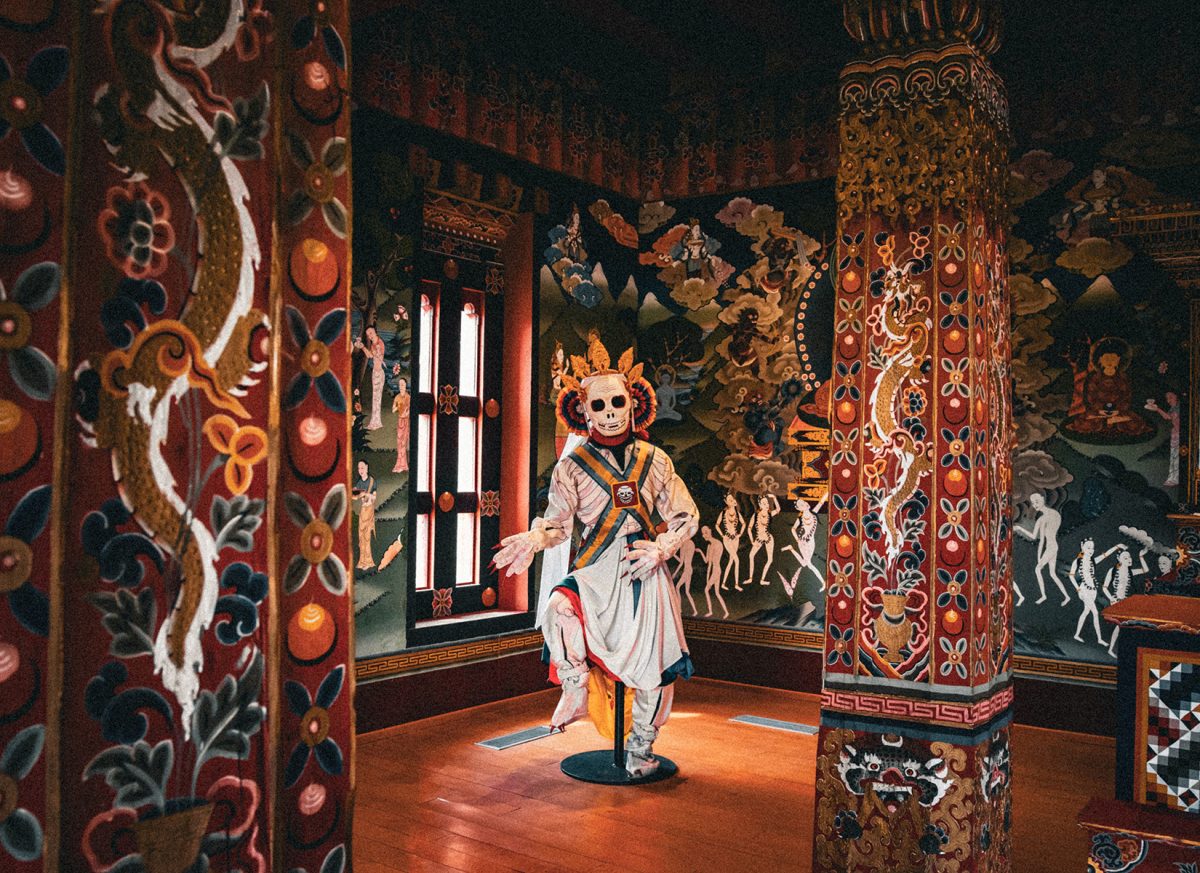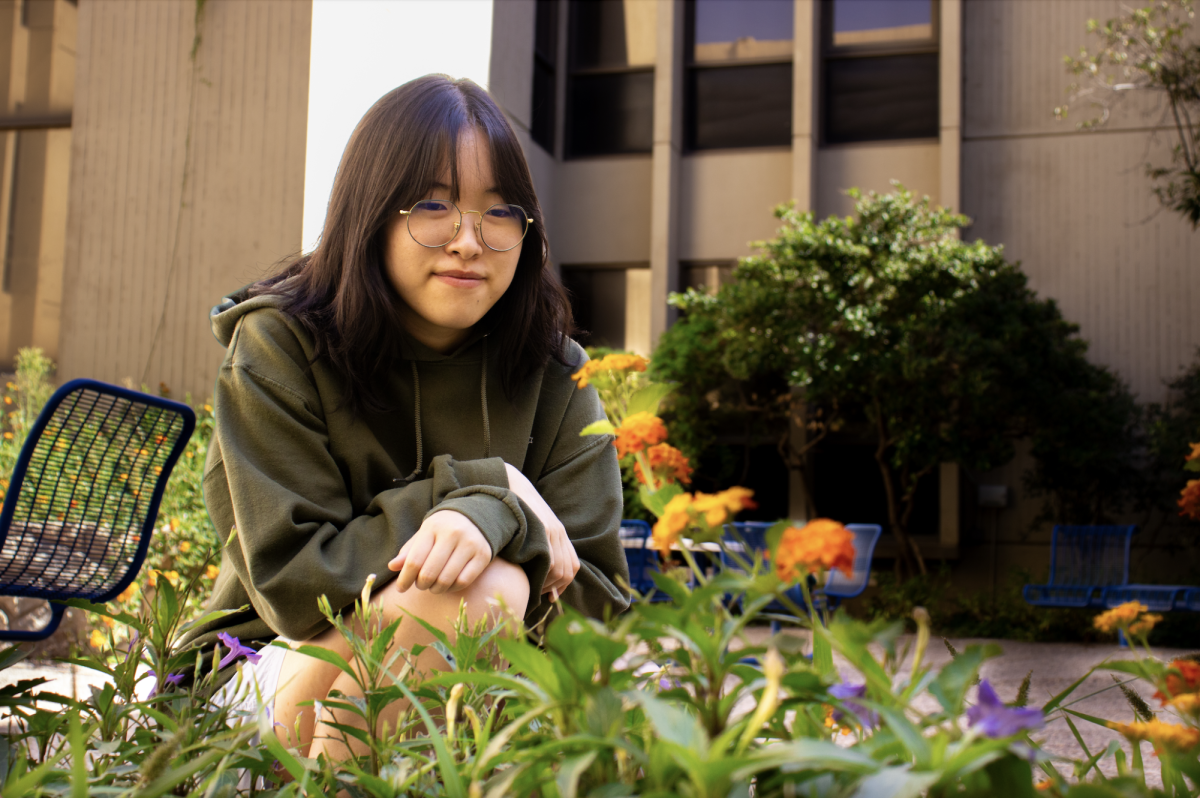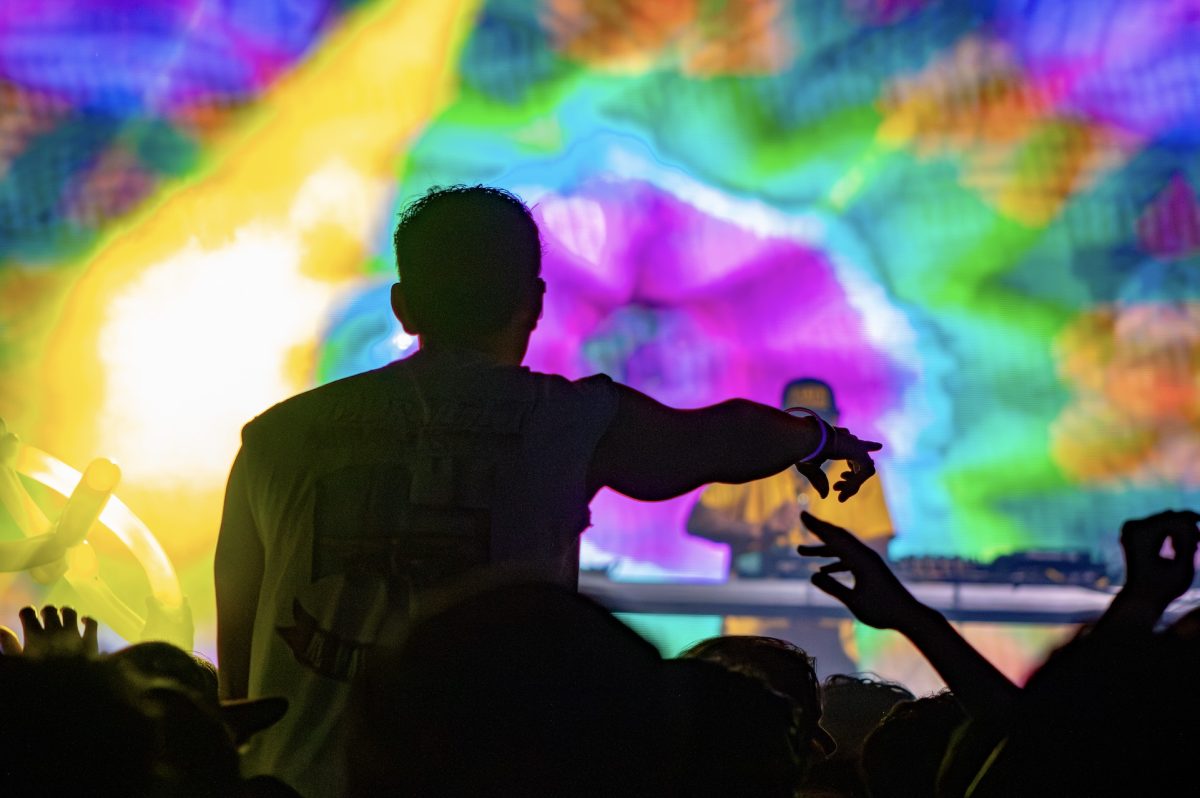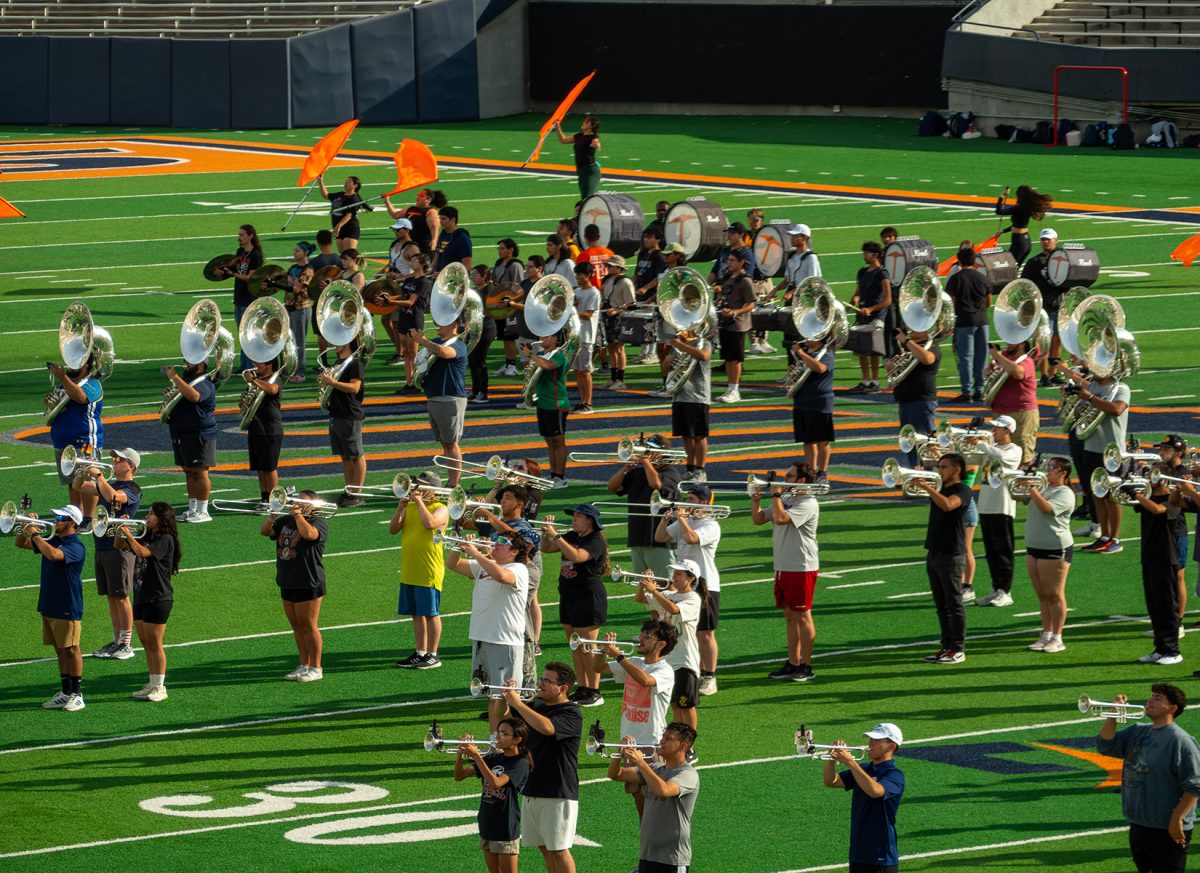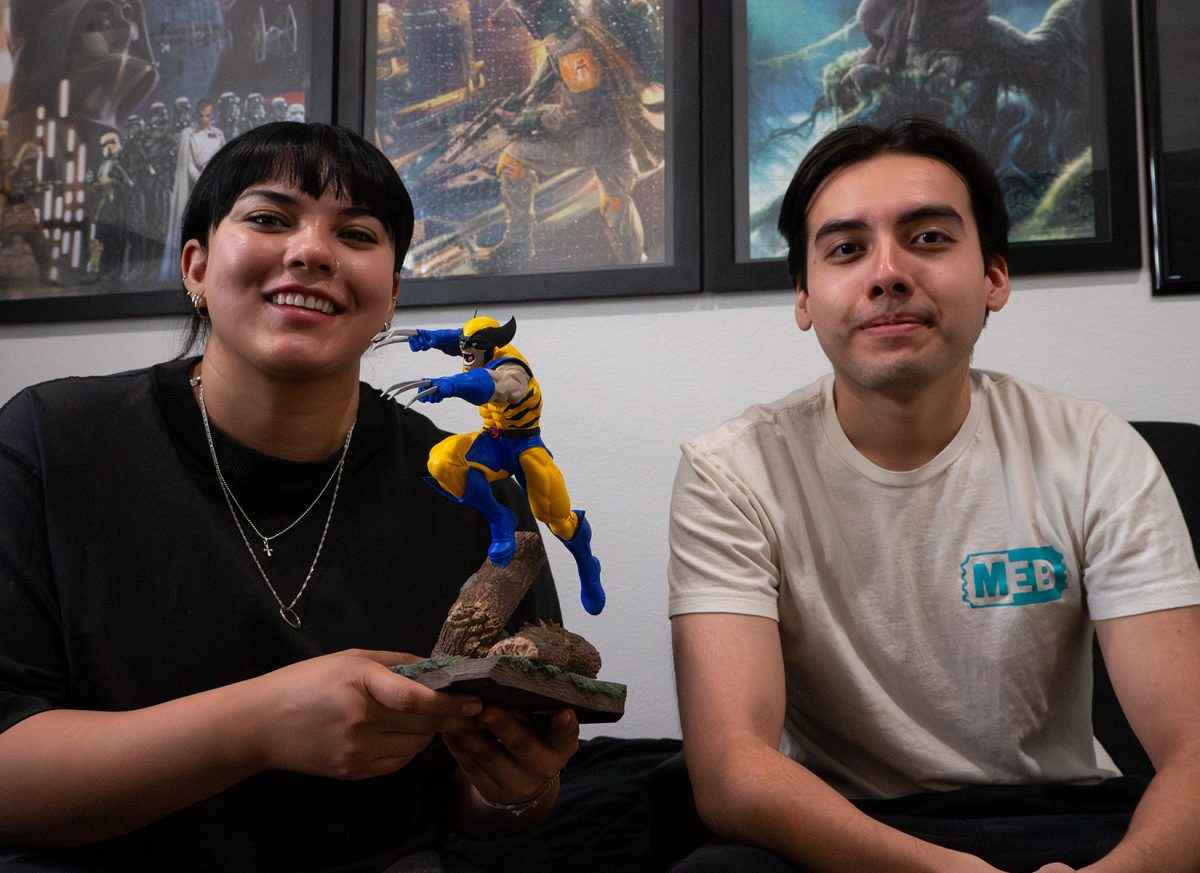The University of Texas at El Paso (UTEP) recently hosted a public event honoring the distinctive Bhutanese-inspired architecture throughout its campus. According to UTEP’s official page, Bhutan Days was celebrated from April 14 through April 18, featuring various events, including artistic activities, historical exhibitions and cultural performances. The celebration aimed to enrich and educate the public about the unique influence of Bhutan on UTEP’s identity.
The inspiration for Bhutanese architecture on the UTEP campus can be traced back to Kathleen Worrell, the wife of UTEP’s first dean. She was captivated by images featured in a National Geographic magazine of Bhutanese dzongs—fortress-like structures. Enchanted by their beauty, she felt the architectural style would harmonize perfectly with El Paso’s mountainous terrain. The distinctive elements, such as high-set windows and buildings perched above the landscape, seemed to reflect and enhance the rugged character of the region.
Since then, 97 buildings have dawned the signature architecture across campus, such as the Health Science Building, the Undergraduate Learning Center and Prospect Hall.

Karma Lhaki, a nursing major at UTEP, is originally from Wangdue Phodrang, Bhutan. She shared that the distinctive architecture of UTEP, known for its Himalayan and Tibetan Buddhist architectural heritage, is recognized back home and is one of the reasons she, along with other classmates, chose to attend UTEP– for its semblance of home.
Lhaki works as a guide at the Lhakhang Temple and occasionally collaborates on the inception of Bhutan Days, an event organized by UTEP’s Office of International Programs (IOP). She is also an active member of the Bhutanese Student Association, contributing to promoting and celebrating Bhutanese culture on campus.
“It has made me curious about my culture. What I know is surface information of Bhutan, and coming here and working at the Lhakang Temple, I became more curious,” Lhaki said. “Since a lot of people come here and ask me questions, I get curious too.”
As a native of Bhutan and a student studying overseas, Bhutan Days is an opportunity where curiosity is simultaneously encouraged and satisfied for Karma Lhaki. Each event is catered to giving a crumb of Bhutanese culture–some events host performances where dancers dawn the national dress, activities where attendees can learn how to write their name in the Bhutanese language and traditional games.
“I didn’t know the timeline for how Budda got enlightened. I didn’t know what the questions he asked, what were the struggles he went through, but after coming here, I got to know all of those things,” Lhaki said. “Also, for the traditional dances in our culture, I didn’t know all the names, but after coming here, I learned that too.”
Bhutan Days is an event that welcomes the public to delight in the cultural affinity between Bhutan and UTEP, often surprising attendees with a rich array of Bhutanese traditions and unexpected experiences.
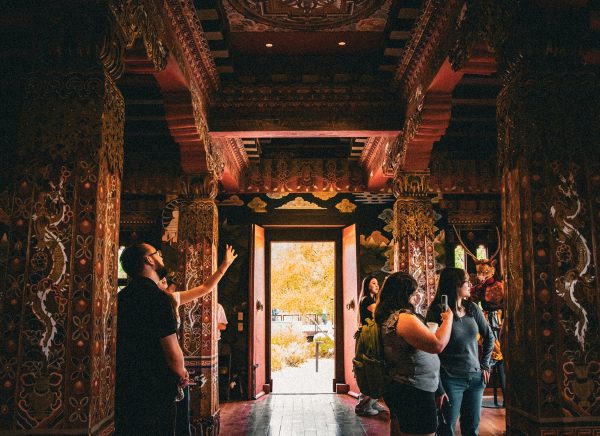
For Michael Lopez, a history graduate student at UTEP, the draw to Bhutan Days stemmed from his professional and academic interest in architecture. Lopez attended one of the Lhakhang Temple tours, where he had the opportunity to admire the space’s intricate design and cultural significance, and divulge in other cultural manifestations of Bhutan.
“A new thing I learned is the 13 arts. I don’t remember the name for it, but the method of how they practice those sets,” Lopez said. “I hadn’t known much about Bhutan, to begin with, so it didn’t change the perception I had about the culture. The inclusion of the government guy, the nation’s founder, was surprising compared to Buddha.”
Bhutan Days continues to grow as more than just a campus tradition—it’s a space where cultures meet, questions are asked, and stories are shared. Through architectural echoes, traditional performances and moments of quiet reflection, the celebration invites all who attend to explore a culture that may be unfamiliar yet deeply resonant. As Bhutan’s presence continues to shape UTEP’s identity, the journey of discovery remains wide open for anyone willing to step into it.
Jazmine Gracia is writing contributor for The Prospector and can be reached [email protected].

